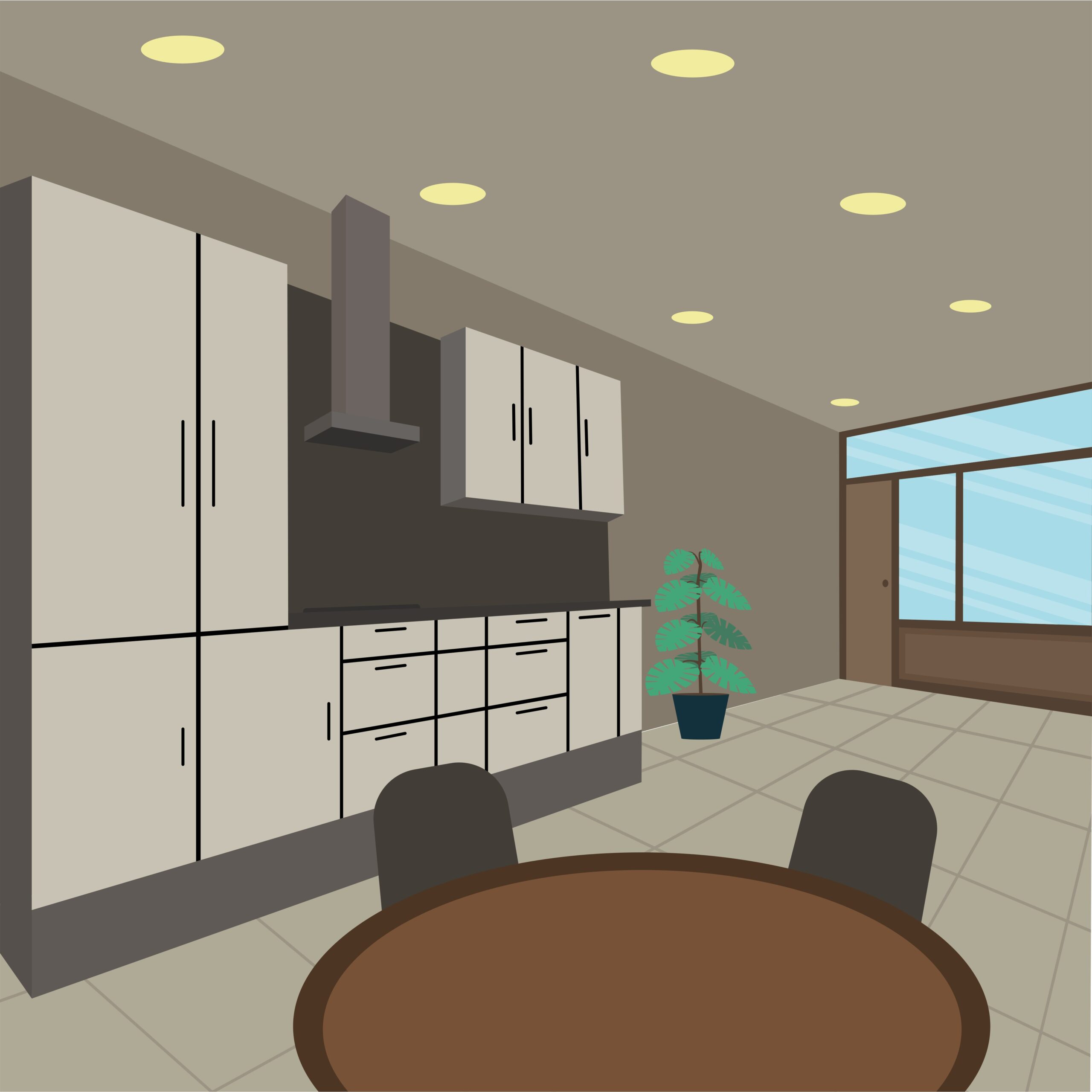A niche blog focuses on a specific theme or genre, such as fitness, travel, or gadget reviews. By narrowing down the target audience and enhancing expertise, niche blogs can attract a dedicated readership. However, this “niche” characteristic can sometimes become a constraint, leading to a situation where pivoting becomes difficult. This inability to change direction can have fatal consequences for blog management.
In this article, we will delve into why pivoting a niche blog is challenging, why it can be detrimental, and what solutions exist to address this issue.
Why Pivoting a Niche Blog Is Difficult
1. A Fixed Audience
Niche blogs target readers interested in a specific theme. Writing about topics outside that theme may alienate the existing audience. For example, if a blog focused on “fitness” suddenly starts publishing “cooking recipes,” many readers may lose interest.
2. Conflict with SEO Strategy
Niche blogs benefit from search engine optimization (SEO) because search engines tend to favor highly specialized websites. Writing consistently on one theme helps boost search rankings. However, pivoting to new topics can dilute the focus, potentially lowering the blog’s search engine rankings.
3. Impact on Revenue Models
Many niche blogs rely on affiliate marketing or ad revenue as their primary income sources. Changing the theme may alter the target audience and disrupt the established revenue model. For instance, a blog specializing in “gadget reviews” may struggle to sell affiliate products if it starts writing about “health foods.”
Why Being Unable to Pivot Can Be Fatal
1. Facing Growth Limits
Focusing on one theme indefinitely can lead to growth stagnation due to market size or demand limitations. For example, a blog dedicated to a “niche hobby” cannot grow its readership beyond the population interested in that hobby. If pivoting isn’t an option, growth halts, and motivation may decline.
2. Risk of Becoming Obsolete
Trends and demands constantly change. For example, blogs focusing on “cryptocurrency” may lose traffic and revenue when interest in that market wanes. Without the ability to pivot, such blogs risk becoming outdated and irrelevant.
3. Loss of Interest by the Blogger
The blogger themselves may lose interest in the chosen theme or develop new passions over time. However, niche blogs make it difficult to shift focus easily. This can lead to reduced posting frequency and eventually abandoning the blog altogether.
Solutions: Adopting Flexible Management Strategies
1. Embrace “Loose Niches”
Instead of strictly adhering to one theme, consider covering multiple related topics for greater flexibility. For instance, expanding a “fitness” blog to include “general health” or “lifestyle” topics makes it easier to transition into new areas.
2. Create Subcategories
Introduce new categories within your existing niche that don’t stray too far from your original theme. This allows you to diversify your content while still appealing to your current audience and potentially attracting new readers.
3. Consider Launching Another Blog or Media Platform
If you wish to completely move away from your current niche, starting a new blog or media platform is an option. You can leverage the experience and knowledge gained from your first blog for your new venture.
4. Transitioning to a General Blog
A general blog—one that covers multiple unrelated topics—can be an effective solution for overcoming the limitations of a niche blog.
Benefits of Transitioning to a General Blog
- Diversified SEO Risks: Unlike niche blogs that depend heavily on one topic’s demand, general blogs spread out risks by covering multiple themes.
- Broader Range of Topics: With fewer restrictions, you can write about whatever interests you, making it easier to adapt to trends and maintain motivation.
- Attracting New Audiences: By writing on various topics, you can appeal to different groups of readers.
How to Transition
- Gradual Shift: Start by adding articles on new topics while maintaining your existing content structure.
- Add Categories: Begin with categories related to your current niche before expanding into unrelated areas.
- Complete Transition: If necessary, consider rebranding your blog with a new name or domain that reflects its broader scope.
Conclusion
Niche blogs offer significant advantages in terms of expertise and SEO but come with the drawback of being difficult to pivot when needed. If you face this challenge, adopting flexible strategies like embracing “loose niches,” adding subcategories, creating new media platforms—or transitioning into a general blog—can provide viable solutions.
Ultimately, balancing your interests with reader needs is key when deciding on your management approach. To avoid being trapped in an unchangeable situation, always maintain flexibility and take a long-term perspective in your blogging journey.










